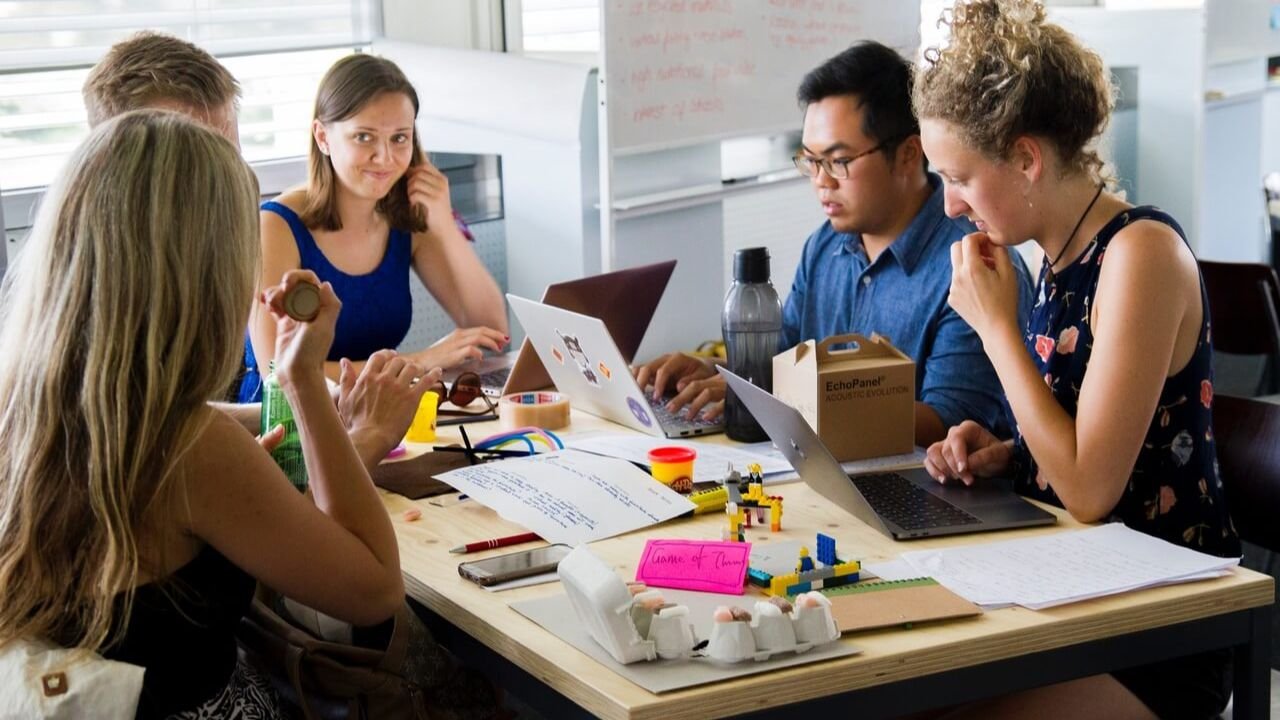What is often given the most importance in our education system is academic performance – numbers, test scores, grades and percentages. These are things that can be measured, on the basis of which the ability of the student is assessed. But in this process we ignore a very important thing – soft skills.
What are soft skills?
Soft skills are those personal qualities that enable a person to communicate better, collaborate better, think creatively and solve problems. These include abilities like communication, collaboration, critical thinking, and creativity. These skills cannot be measured directly in any exam, but they contribute deeply to any professional and personal success.
Why do soft skills not get their due place?
Soft skills are often taught in the education system in chunks. For example, communication skills are honed in debate competitions, creativity in art projects, critical thinking in essay writing and collaboration in group work. But a big drawback of these efforts is that all these skills are taught in isolation, whereas in real life these skills are deeply interconnected. When they are taught in chunks, their overall utility and impact is reduced.
Human qualities are left out in the race for numbers
For many years, success in our education system has been measured only on the basis of marks. If a student scores 90 percent, he is considered “smart”. But will that same student be able to work well with his team in the office? Will he be able to communicate effectively with clients? Will he be able to find creative solutions to challenges? Probably not, if he lacks soft skills.
It is ironic that we tend to overlook the qualities that make a person a truly successful professional and human being – empathy, leadership skills, thoughtfulness and teamwork.
Real Value in the Job World
Suppose you have three candidates who are finalists for a job. All three have almost the same education, grades and experience. In this case, who will be given the job?
The answer to this question is pretty obvious – the candidate who can communicate well, work well in a team, look at problems critically and come up with creative solutions. That is, the one who has strong soft skills.
Companies today don’t just rely on degrees and grades. They want their employees to be self-reliant, innovative and collaborative – and all these things fall under the purview of soft skills.
How to change the education system?
Now the question is how can we incorporate these skills in the education system in a better way?
1. Incorporating soft skills into the core curriculum
These skills should be made a part of the core curriculum rather than being an extracurricular activity. For example, along with math and science, every class should have classes on communication skills and problem solving.
2. Adopting an interdisciplinary approach
It is important to teach soft skills in a holistic way rather than breaking them into separate sections. For example, when students are making a project, they should not only focus on the content but also be taught how to work in a team, how to express ideas and how to solve problems.
3. Train teachers
If teachers themselves do not understand the importance of these soft skills, they will not be able to teach them effectively to students. Therefore, teachers should be trained on how to inculcate these skills in their classes.
4. New performance metric
While making the traditional grading system a little flexible, it has now become necessary to include students’ behaviour, thinking style, sense of collaboration and ability to communicate in the assessment.
Prepare for the future with soft skills
The world we are moving towards is dominated by AI, automation and data analytics. But amid these technological changes, one thing that will always make humans special is their human sensibilities and way of thinking. Soft skills are what differentiate us from robots – and these are the biggest assets of the future.
Conclusion
The purpose of education is not just to impart knowledge, but to build a complete personality. Until we develop soft skills in students, they will only “pass” – not “prepare.
The time has come to take the scope of education out of narrow numbers and take it in a direction where every child can be prepared as a good human being and professional.
